Patient Engagement Outside the Office – #HIStalking Tweet Chat Thursday, October 15 at 1pm ET
Join @JennHIStalk and @loranstefani (Loran Cook, product evangelist and quality assurance, Billian’s HealthData) for a discussion on patient engagement feedback loops. Preview #HIStalking discussion questions below and brush up on how to participate in a tweet chat towards the end of this post.

I’m Loran, and I want to talk about patient engagement. Not the token survey, or what a clinician or administrator thinks a patient might think or feel, but real, raw feedback loops that can be used to improve our healthcare system. My educational background is in data analysis and policy studies, but for this chat, I want to speak from personal experience. My father was diagnosed with non-Hodgkin’s lymphoma in 1995, when I was 10 years old. I cannot count how many times we thought we were about to lose him, but I’m happy to say he’s still here filling the role of my number-one fan (and I like to think I return the favor). He holds master’s degrees in educational technology and instructional design technology, which he earned in the last stages of his chemotherapy with a stellar note-taker, yours truly. We bounce ideas around a lot about health IT and where we think the process gets derailed. A key component that we’ve identified is how a patient or caregiver can communicate these cracks back to the system in a way that gets effectively addressed.
Ideally, it would be at a place where government, administrators, clinicians, and IT specialists convene. When HIStalk sponsored HIStalking patient scholarships to attend HIMSS earlier this year, I wanted to find a way to study their impact. Fortuitously, Symplur Signals announced a social media analytics competition with Stanford Medicine X, and I was able to use the organization’s database to analyze the tweets sent and received during a certain set of healthcare conferences. My research team and I found that patient/caregiver engagement looked very different at each conference in terms of participation, volume, and dialogue versus one-off comments. I invite you to join us for a tweet chat on Thursday, October 15 to explore why this is, and what we can do to better amplify the patient/caregiver voice to influence the massive changes taking place in our health system.
#HIStalking Discussion Questions
Q1: How can we use data to motivate providers to make records electronically available to patients and caregivers?
- Meaningful Use Final Rule. Originally defined to have 5 percent of patients demonstrate that they could successfully view, download, and transmit data to their provider, but based on provider feedback that not enough patients were even asking for electronic access, the requirement was reduced to 1 patient viewing, downloading, OR transmitting data electronically.
- Clearly, the government is not going to force this on anyone. The missing link is that it’s no one’s job to educate patients/caregivers about their rights, and the market simply hasn’t responded with a process simple and universal enough for mainstream use.
Q2: How can we increase universality of electronic record formats/apps?
- Imagine if Uber only worked 10 percent of the time. I’ve deleted several medical records apps for that reason – they didn’t meet the need consistently, weren’t universally accepted (what’s a Direct email address – none of my providers knew), or served a limited purpose (billing being separate from medical). As Vince Kuraitis put it, a 95-percent built bridge doesn’t work – we need 100 percent.
Q3: How can the health system work around a patient’s lack of medical knowledge to get at the crux of their feedback and then make it actionable?
- Paul Krugman’s recent piece lays out why he thinks patients don’t want to be considered consumers. The best analogy I can think of is that as an educated but not omniscient Google user, I can start typing misspelled words using poor grammar, and nine times out of 10, Google will regurgitate whatever I was getting at, leading me to the correct information. Can the same thing be done to interface with patients and caregivers?
Q4: How might we make healthcare conferences more receptive to patients and caregivers?
- It’s not about coddling and patronizing – if a patient or caregiver takes time out of their busy schedule to attend an event, they simply want to be heard and make an impact. How can we facilitate part of the healing process (using their pain to improve the system for everyone) and create a platform to truly listen to what they have to say?
Q5: What organizations or programs are successfully bridging the gap between patients and providers from an infrastructure perspective?
Thanks for reading – I hope you’ll make time to join the conversation and share your thoughts!
Tweet Chat Instructions
It’s easy to join the Twitter conversation by logging into TweetChat, which automatically keeps you in the conversation by tagging all tweets with the #HIStalking hash tag. If you are unable to access the TweetChat room, simply search in Twitter for #HIStalking and follow the conversation. To contribute, be sure and tag your tweets with #HIStalking so they can be seen by other chat participants.
Contacts
Jennifer, Mr. H, Lorre, Dr. Jayne, Dr. Gregg, Lt. Dan
More news: HIStalk, HIStalk Connect.
Get HIStalk Practice updates.
Contact us online.
Become a sponsor.


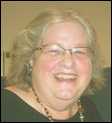

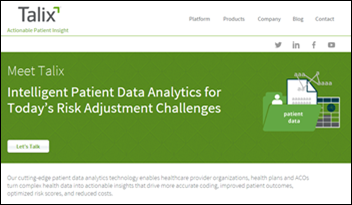
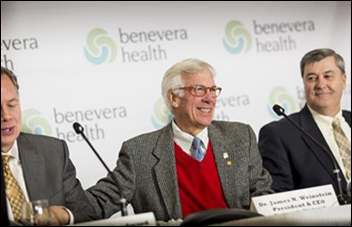
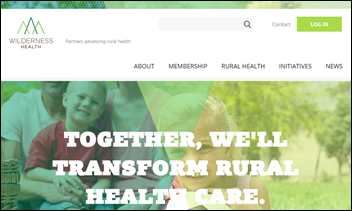
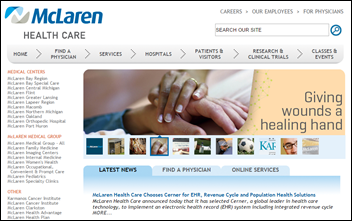







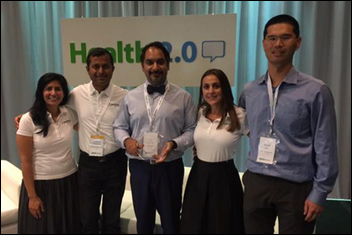
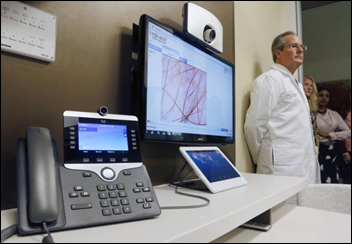
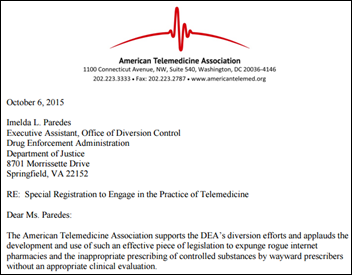









The article about Pediatric Associates in CA has a nugget with a potentially outsized impact: the implication that VFC vaccines…